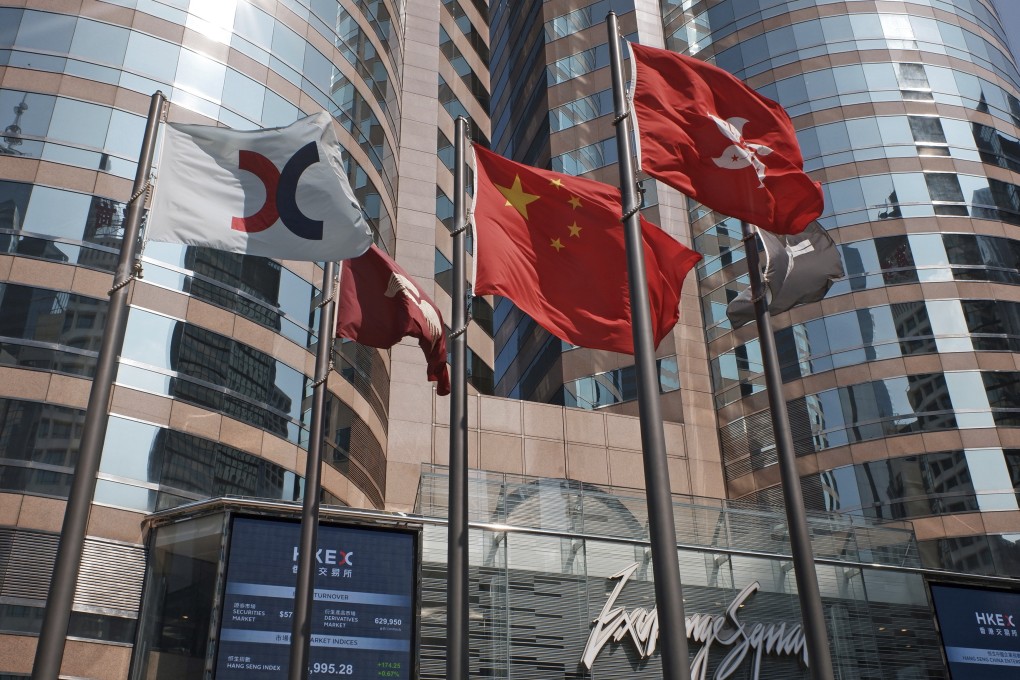Advertisement
Hong Kong can take advantage of any ‘mass delisting’ of Chinese firms in US, Financial Secretary Paul Chan says
- Hong Kong could capture ‘at least 90 per cent’ of delisted Chinese firms’ market capitalisation, Chan tells Post seminar
- Several New York-listed Chinese companies have been tipped for secondary listings in the city
Reading Time:2 minutes
Why you can trust SCMP
3

Hong Kong’s capital market could expect a boost from Chinese firms seeking listings closer to home amid intensified scrutiny in the United States, Financial Secretary Paul Chan Mo-po said on Wednesday.
A potential “mass delisting” of Chinese companies in the US had put the city in an advantageous position, as the government estimates that about 240 companies currently listed in America would fall into a category facing potential delistings, Chan told a seminar organised by the Post.
“The attitude of the US towards those mainland companies listed as American depositary receipts (ADRs) would probably drive them – at least a significant portion of them – to come back to this part of the world,” he said. “I think Hong Kong is in a very good position to take advantage of that.”
Advertisement
His comments followed disclosures last week that five Chinese companies that have ADRs trading in the US had been named in a list of foreign companies liable to US accounting inspection law. Among these, four – including Yum China, which operates the KFC and Pizza Hut fast-food chains in China – were also listed in Hong Kong.

The disclosures were triggered by the implementation of the Holding Foreign Companies Accountable Act, which will force foreign companies to delist from US exchanges if they fail to turn over audit results for three straight years. The law will see the US Securities and Exchange Commission delisting non-compliant foreign stocks by as early as late 2023.
Advertisement
There are currently about 250 Chinese firms listed in the US. Many of the bigger US-listed Chinese internet and technology giants, such as Alibaba Group Holding, JD.com and Baidu, have already opted for secondary listings in Hong Kong over the past two years. Alibaba, which owns the Post, raised US$13 billion in its November 2019 secondary listing.
Advertisement
Select Voice
Select Speed
1.00x